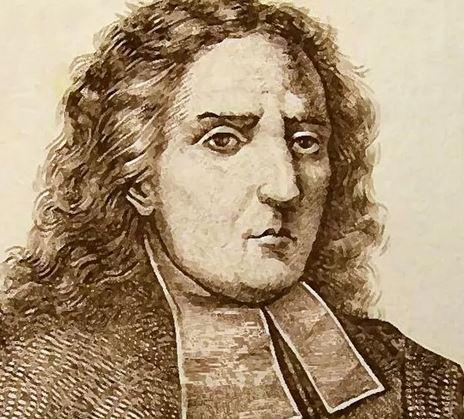Giambattista Vico

Giambattista Vico (1668–1744) was an Italian philosopher, historian, and legal theorist, particularly known for his work on the philosophy of history and the development of civilization. Vico is considered one of the most important thinkers of the Enlightenment and is particularly famous for his theory of the historical cycle and the concept of cultural development.
Key aspects of his philosophy:
Philosophy of history: Vico opposed the rationalist conception of history of his time, which viewed history as a linear development toward ever-increasing reason and progress. Instead, he held the view that history follows a cyclical and recurring pattern.
He coined the concept of "corsi e ricorsi" (courses and declines), according to which civilizations follow a cyclical course, developing from a barbaric or primitive phase to a flourishing civilization and finally transitioning into decadence and decay. This process repeats itself over and over again.
The "Scienza Nuova" (New Science): Vico's most famous work is the "Scienza Nuova" (New Science), which he published in 1725. In this work, he developed his theory of the development of human society and civilization. He viewed human history as a process of cultural development driven by the creativity and power of the human mind.
Vico divided human history into three major epochs:
The divine phase (età degli dèi): In this first phase, humans were in a primitive state, ruled by gods and supernatural forces.
The heroic phase (età degli eroi): In this phase, humans rose to a social and political life, characterized by the emergence of warriors and leaders.
The human phase (età degli uomini): In the final phase, civilization reached its highest development in the form of laws, state institutions, and rational order.
The influence of mythology: Vico argued that the development of societies and cultures was originally shaped by mythology. He emphasized that early humans, lacking rational concepts, explained the world through myths and symbols. These mythical explanations formed the basis for the later development of rationality and science.
For Vico, myths were not merely fictional narratives; they contained deeper truths about human nature and the collective consciousness of society. Through the cycle of history, humans would eventually arrive at a more rational, yet disenchanted, worldview.
The importance of "understanding" (Verum = Factum): Another central aspect of Vico's philosophy was his idea that truth is only accessible through understanding and creation. He formulated the famous principle "Verum ipsum factum," meaning that what is true is only what humans themselves have created. It follows that humans must understand the world through their own creativity and creation.
Vico believed that only through symbolic and historical development could humans discover the deeper truth about the world, which goes far beyond mere perception and logical deduction.
Role of Language and Poetics: Vico emphasized the role of language in the development of humanity. He argued that humankind's original language was poetic and symbolic, not dependent on rational logic. The development of language and symbolism was an important part of cultural evolution.
This view later influenced the Romantics, who emphasized the symbolic nature of human existence and cultural expressions.
Vico's Influence:
Giambattista Vico's work, especially his "Scienza Nuova," had a lasting influence on various philosophers, historians, and cultural theorists:
Johann Wolfgang von Goethe and the Romantics valued Vico's ideas on cultural development and mythology.
Karl Marx and other thinkers of historical materialism drew on Vico's cyclical view of history, even while developing it in a materialist direction.
Hegel influenced his dialectical conception of history with the concept of the "world spirit," although Vico's conception of the historical cycle anticipated this idea.
Vico's work on the theory of history also contributed to the development of a humanistic history that is not only based on empirical facts but also incorporates the symbolic and cultural aspects of human civilization.
Summary:
Giambattista Vico was a philosopher
Philosopher and historian who developed a cyclical theory of history according to which civilizations pass through distinct phases of development. He emphasized the importance of myth, language, and symbolic expression in history. His main work, Scienza Nuova, remains a significant work of philosophy and history that significantly influenced the development of the philosophy of history.
Often considered a pioneer of Romanticism and historical scholarship, Vico remains a fascinating thinker whose ideas continue to be discussed in philosophy and the social sciences.

